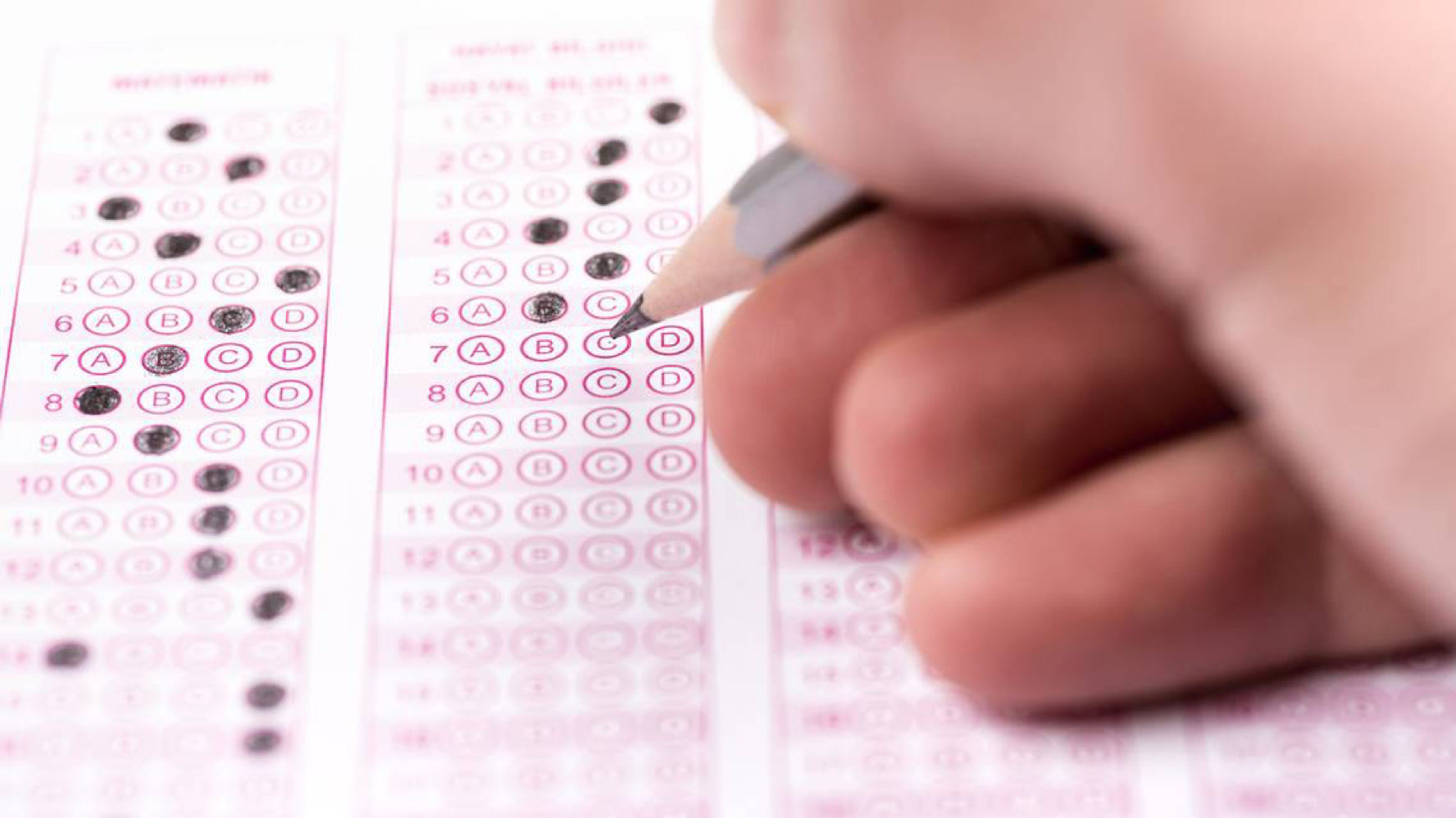Tens of thousands of Florida high school students take Advanced Placement courses every year to have a competitive edge heading into college.
Now, Gov. Ron DeSantis says he wants to reevaluate the state’s relationship with the College Board, the private company that administers those courses and the SAT exam. And that has some high school students worried.
“I don’t see how I could have gotten ahead without them,” said Eli Rhoads, a senior at Pasco County’s Mitchell High School, who said AP courses helped him get a full scholarship to the University of Alabama. “You almost have to have these courses to stand out.”
DeSantis has not made clear exactly what he plans to change, but his remarks come after the College Board on Saturday accused his administration of playing politics when it rejected its new Advanced Placement African-American studies course over allegations that it “lacks educational value.”
“This College Board, like, nobody elected them to anything,” DeSantis said at a news conference Monday in Naples. “They are just kind of there, and they provide a service and so you can either utilize those services or not.”
While DeSantis acknowledged the College Board’s long-standing presence in the state, he said “there are probably other vendors who may be able to do that job as good or maybe even a lot better.”
A College Board spokesperson said the organization had no comment on the governor’s statements.
The dispute between the College Board and DeSantis is indicative of the Republican governor’s take-no-prisoners brand of politics. The board joins Walt Disney World in the ranks of companies the governor has wrangled with for not adopting conservative stances on education matters.
“This is about the governor trying to cancel the companies he doesn’t like,” said state Rep. Anna Eskamani, D-Orlando. “He’s screaming and complaining about ideology being pushed onto our schools, yet what he continues to do is push his ideology onto us.”
As with Disney, Florida has long had a strong relationship with the College Board.
AP classes are popular with Florida students
The state pays for students to take Advanced Placement exams and provides teachers a bonus of $50 for each student they teach in an AP course who earns a test score of 3 or higher.
The College Board offers eight AP courses in languages and culture, seven science-based courses such as physics and biology, six math and computer science courses including calculus, nine history and social science courses, two English and three arts courses. It also has a special diploma program called Capstone, which some Republican lawmakers are trying to include for credit toward Bright Futures eligibility.
In 2021, nearly 200,000 Florida teens sat for more than 366,000 tests, for which they can earn college credit. It had the fifth highest rate of tests taken per 1,000 students in the nation.
The College Board also administers the SAT exam, which students may use to help them complete graduation testing requirements, earn entry into universities and become eligible for Bright Futures scholarships.
If the state were to move away from the College Board, though, other options exist.
Students seeking advanced courses leading to college credits have International Baccalaureate, Cambridge Programme and dual enrollment classes available. They also can take the ACT exam instead of the SAT.
Stella Tucker, another Mitchell High senior, will have taken 18 AP courses by the time she graduates in the top 10 of her class this spring. She said she finds the courses challenging academically — more reliably so than dual enrollment — while also preparing her for college.
She predicted a strong backlash from Florida teens if the governor and Legislature were to propose scaling back or eliminating AP courses.
“I think that would really put the students of Florida at a disadvantage,” Tucker said. Officials should “look more closely at what AP classes are doing for the students of the state of Florida and get their perspective. They’re the ones who would really be affected by all this.”
Florida students raised concerns about other aspects of the College Board during the height of the pandemic. They urged the state to change SAT exam requirements for state university admissions. But unlike most other states, the state did not back away from the mandate.
In this latest round, DeSantis’ dispute with the College Board is over an AP African-American Studies course that included the study of Black scholars and authors on topics like Black Lives Matter, Black Queer Studies and reparations.
On Saturday, the College Board said it is proud of its “historic” course, which has been crafted by renowned scholars. It acknowledged it made mistakes during the rollout and accused Florida of exploiting the situation.
“The vitriol aimed at these scholars is repulsive and must stop,” the group wrote.
DeSantis, who is eyeing a presidential run in 2024, has drawn national attention for his stance against what he calls “woke indoctrination” in schools, a stance that in the last two years has led to restricting certain aspects of race-related lessons.
The governor said that he has started taking steps to figure out what to do in response to the College Board’s footprint in the state. DeSantis said he had talked to House Speaker Paul Renner about the matter.
Renner’s office did not immediately respond to requests seeking comment. However, the Palm Coast Republican has shown to be on board with some of the governor’s education priorities, such as making changes to how the state funds diversity, equity and inclusion programs at state universities and colleges.
In practice, it remains unclear what actions would change Florida students’ educational options.
“Of course, our universities can or can’t accept College Board courses for credit, maybe they’ll do others. And then also just whether our universities do the SAT versus the ACT. I think they do both, but we are going to evaluate how the process goes,” DeSantis said.




